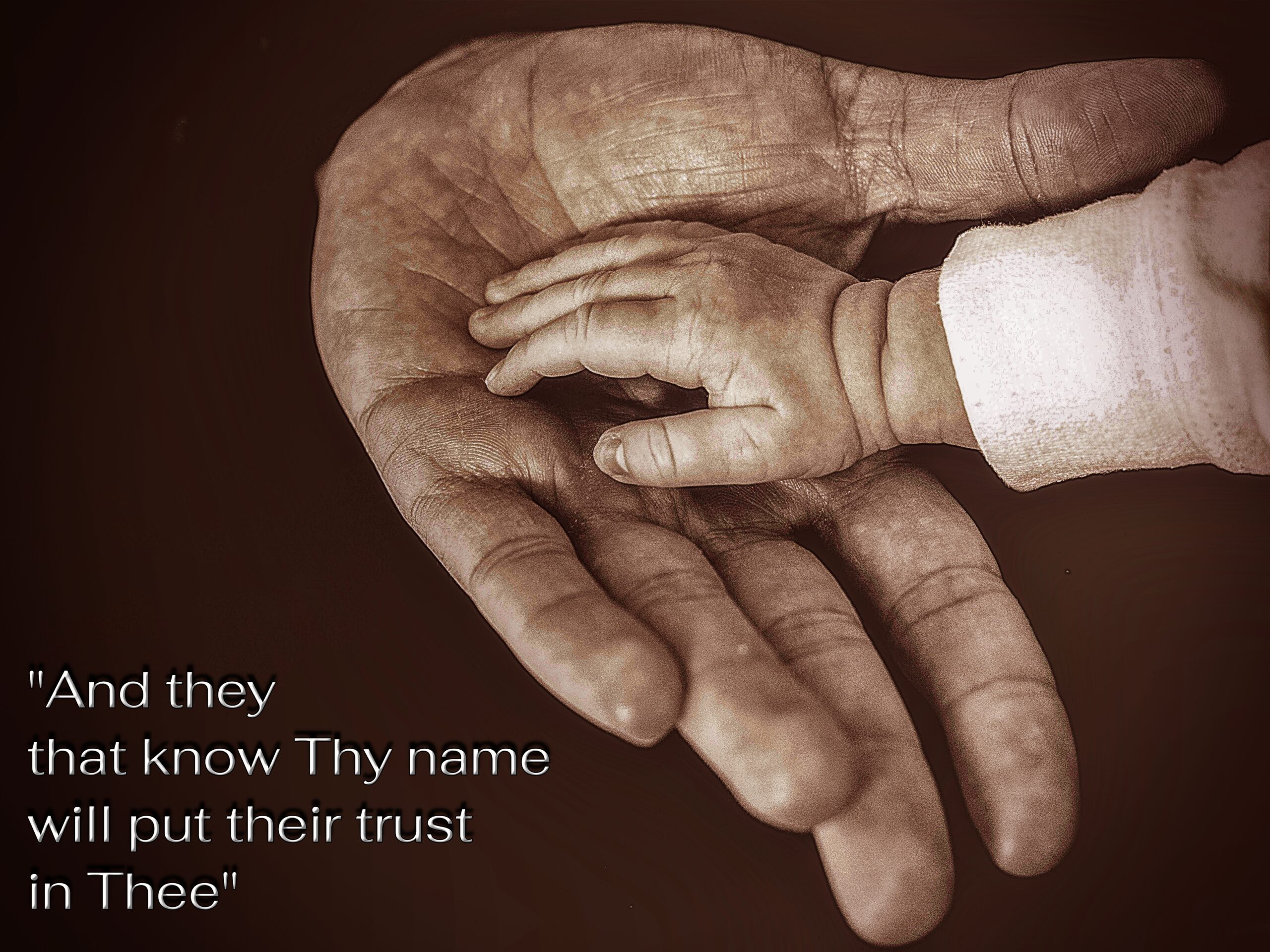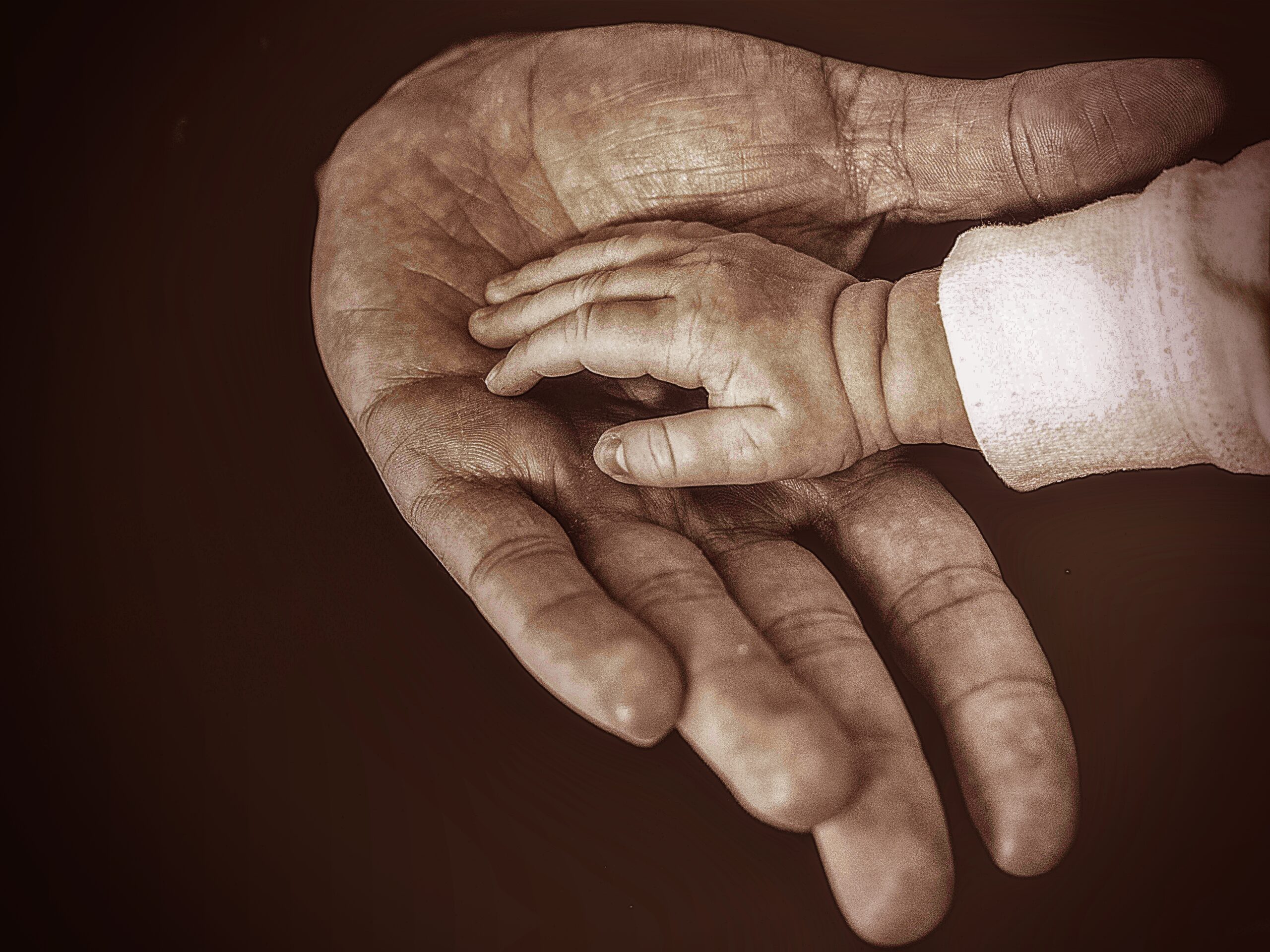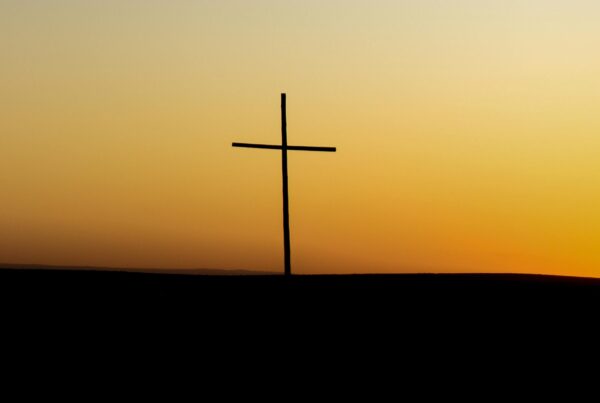The God of Jacob
“And the children struggled together within her; and she said, If it be so, why am I thus? And she went to inquire of the LORD. And the LORD said unto her, Two nations are in thy womb, and two manner of people shall be separated from thy bowels; and the one people shall be stronger than the other people, and the elder shall serve the younger.”
Genesis 25:22–25
Within the life of every true believer is the struggle between two natures; two ways of living, two sets of desires, and two eternal consequences.
“For the flesh lusts against the Spirit, and the Spirit against the flesh;
and these are contrary to one another…”
Galatians 5:17 (LITV)
The conflict is between the first Adam and the Last Adam; the first Adam’s nature is earthly and sensual, and the second Adam’s nature is heavenly, the Eternal Son of Man. We see the portrayal of this within the womb of Rebekah as she by faith brought forth one who would become Israel in the purposes and dealings of our God.
Esau was the firstborn, a man of passions, wild and undisciplined. He was of the earth, earthly, devoid of any real love of spiritual things. He bore the likeness of the first Adam in his fallen state and represents the natural man.
Jacob, though a schemer and a conniver, had one thing that set him apart. He had respect for the things of God. The birthright, which was rightfully Esau’s as firstborn, meant little to Esau and he surrendered it for a mere mess of pottage in a moment of extreme hunger. Jacob, on the other hand, coveted this blessing. Jacob was the son of promise, a man called to become the Israel of God; not by strength, nor by might, but by the mercies of God.
THE ELDER SHALL SERVE THE YOUNGER!
These two distinct manners of people struggled within the womb of Rebekah, yet the promise was that “THE ELDER SHALL SERVE THE YOUNGER”. Jacob’s journey of faith to become Israel was one of many dealings and breakings in the hands of a determined and merciful God. The promise of God tarried until the man Jacob was broken. In our submission to His dealings, we become the people upon whom the promise falls.
“The Lord sent a word into Jacob,
and it hath lighted upon Israel”
Isaiah 9:8
The promise to Jacob was a sure thing, but God’s severity and determination made the promise sure. The man Jacob must become the worm so that he might indeed become strong.
“Fear not, thou worm Jacob, and ye men of Israel; I will help thee, saith the LORD, and thy redeemer, the Holy One of Israel. Behold, I will make thee a new sharp threshing instrument having teeth: thou shalt thresh the mountains, and beat them small, and shalt make the hills as chaff”
Isaiah 41:14 – 15

We must see that our inability to do God’s will results from our strengths, not our weaknesses. When we speak of weakness, we are speaking of things that have not been brought into submission to the Son. Whatever measure we have known of the fellowship of His sufferings there is a corresponding experience of His resurrection life.
“That I may know him, and the power of his resurrection, and the fellowship of his sufferings, being made conformable unto his death; If by any means I might attain unto the resurrection of the dead”
Philippians 3:10 – 11
God’s promise to all that call upon His Name is:
“…for when I am weak, then am I strong”
2 Corinthians 12:9
Let us realize that the struggle within is to be one unto life and glory: HIS LIFE and HIS GLORY. Rebekah’s struggle is prophetic of all that we know within ourselves. Jacob will remain Jacob until he is broken. We, too, will remain barren unless we discover the wonder and power of HIS faith in our lives.
Faith, like gold submitted to the fire, is purified and fit for the Master’s use. Teachings will not produce this life; only a broken and surrendered will in the hands of the God of Jacob! This is not a day to tarry but to “press toward the mark, for the PRIZE of the high calling of God in Christ Jesus”.
Let our confidence not be in ourselves, our knowledge, or our associations. Rather let our confidence be in the God of Jacob who can bring forth a PRINCE* (see note below) from a worm and will complete that which He has begun in us. The beauty of Jacob’s heart is revealed at Peniel in his clinging to the ONE who wounded him. In that place, we see and hear God’s declaration:
“Thy name shall be called no more Jacob, but Israel:
for as a prince hast thou power with God
and with men, and hast prevailed”
Genesis 32:28
There is beauty in the broken, there are promises obtained. The struggle ceases and the “Joy of the Lord” rests upon all who have allowed the “God of Jacob” to have HIS WAY.
God’s promise to the faithful stands true.
THE ELDER SHALL SERVE THE YOUNGER!
“The Lord of hosts is with us;
the God of Jacob is our refuge.
Selah”
Psalm 46:7

Note: With many truths revealed in the Holy Scriptures there are various applications. That which is true individually is also true corporately. The inward application is presented in this writing, but the outward application is also a vivid picture of the “mixed multitude” (Exodus 12:38; Hosea 7:8) that came out of Egypt (see Jude 1:5), as outlined in the Parable of the Sower. Not all who start out well finish their course in God. The seed, received by those with hard and unyielding hearts, “withered away”. Those who allowed the thorns and thistles to flourish in their lives bore no fruit (Mark 4:5-7).
This powerful truth is prevalent throughout the scriptures and is also declared in the Book of Revelation in the seven letters written to His church. The word spoken to each is filled with exhortations and promises, but the promises are only fulfilled in those who overcome. Let us take heed to our hearts and ways that we may apprehend His great promises.
Esau and Jacob were both children of Isaac, the promised one. Both were the “offspring” of Abraham, yet the promise fell to Jacob. May we seek and serve the “God of Jacob”, in whose hand the “worm” Jacob became a “threshing instrument” by which He revealed His wonder!
“For many are called, but few are chosen.”
Matthew 22:14 (ESV)
Related Post: Alone With God
*Israel – Prince with God
Brian Troxel





“For many are called, but few are chosen.”
Matthew 22:14
Correct contextual comprehension of ‘called’ and ‘chosen’ can be crucially consequential, so, where consists any actual Christocentric contradiction with any of the apostle Paul’s teaching?
I submit that the many called do not have the ‘yes’ to Yah in their spirits, so do not accept the call to come to Christ e.g. Mat. 11:28-30, and thus are not among the chosen. The called may have the rote and rigidity of religion like the pretention and presumption of the Pharisees but relationship with the Righteous One, the Redeemer is not in any wise real.
Please prayerfully consider, for example, Romans 8:28-39 AMP
Esp. vv. 29-30
Thanks kindly. Above all, know that I love you with the love Christ loves and manifests so mercifully, magnificently, and munificently to me.
28 And we know [with great confidence] that God [who is deeply concerned about us] causes all things to work together [as a plan] for good for those who love God, to those who are called according to His plan and purpose. 29 For those whom He foreknew [and loved and chose beforehand], He also predestined to be conformed to the image of His Son [and ultimately share in His complete sanctification], so that He would be the firstborn [the most beloved and honored] among many believers. 30 And those whom He predestined, He also called; and those whom He called, He also justified [declared free of the guilt of sin]; and those whom He justified, He also glorified [raising them to a heavenly dignity].
31 What then shall we say to all these things? If God is for us, who can be [successful] against us? 32 He who did not spare [even] His own Son, but gave Him up for us all, how will He not also, along with Him, graciously give us all things? 33 Who will bring any charge against God’s elect (His chosen ones)? It is God who justifies us [declaring us blameless and putting us in a right relationship with Himself]. 34 Who is the one who condemns us? Christ Jesus is the One who died [to pay our penalty], and more than that, who was raised [from the dead], and who is at the right hand of God interceding [with the Father] for us. 35 Who shall ever separate us from the love of [d]Christ? Will tribulation, or distress, or persecution, or famine, or nakedness, or danger, or sword? 36 Just as it is written and forever remains written,
“For Your sake we are put to death all day long;
We are regarded as sheep for the slaughter.”
37 Yet in all these things we are more than conquerors and gain an overwhelming victory through Him who loved us [so much that He died for us]. 38 For I am convinced [and continue to be convinced—beyond any doubt] that neither death, nor life, nor angels, nor principalities, nor things present and threatening, nor things to come, nor powers, 39 nor height, nor depth, nor any other created thing, will be able to separate us from the [unlimited] love of God, which is in Christ Jesus our Lord.
Many blessings…
BT
As I began to read your post, I also saw the internal struggle between the carnal man and the new man.
I see them as parables to convey the thoughts that God expects us to see, and to see in ourselves.
Bless you brother.
Thank you!
Many, like Esau, will value their stomach more than the inheritance purchased by Jesus’ death on the cross. This nonsense is actually being taught from pulpits.
Rev 14:9 — Rev 14:12
Then a third angel followed them, saying with a loud voice, “If anyone worships the beast and his image, and receives his mark on his forehead or on his hand, he himself shall also drink of the wine of the wrath of God, which is poured out full strength into the cup of His indignation. He shall be tormented with fire and brimstone in the presence of the holy angels and in the presence of the Lamb. And the smoke of their torment ascends forever and ever; and they have no rest day or night, who worship the beast and his image, and whoever receives the mark of his name.”
Here is the patience of the saints; here are those who keep the commandments of God and the faith of Jesus.
Yes amen. A tremendous day of testing is upon us!
Blessings
BT